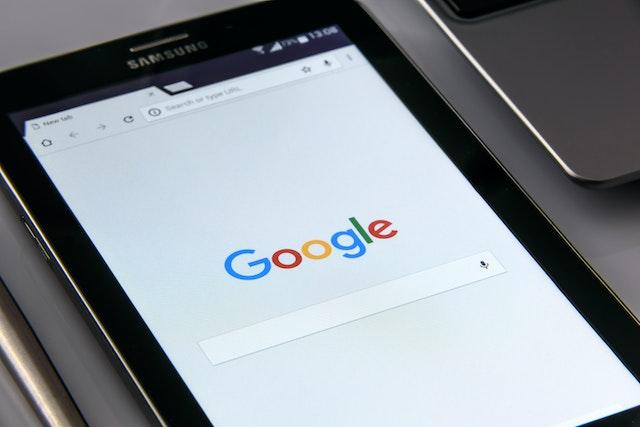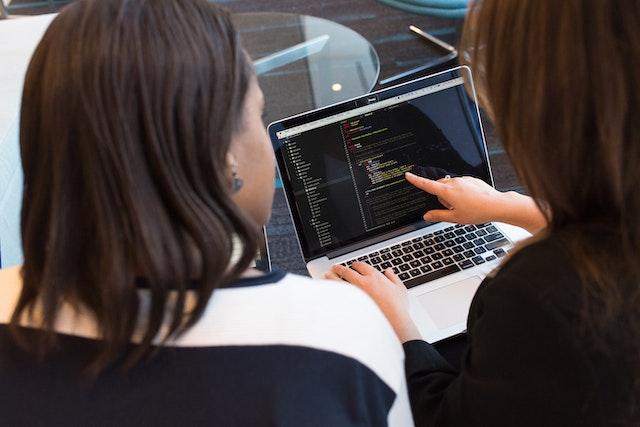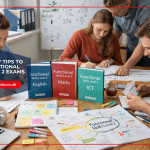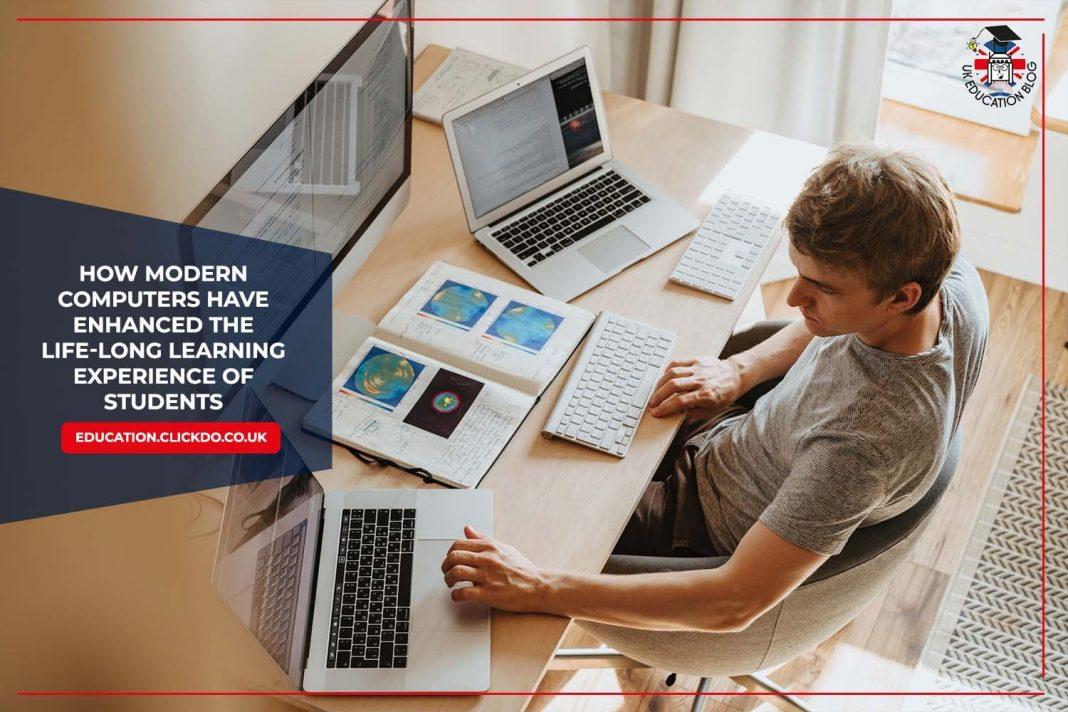In the digital age, computers have become an integral part of our daily lives, revolutionising various industries, including education.
With their ability to process vast amounts of information, provide an interactive experience, and foster personalised learning, computers are transforming the way that students learn, and educators teach.
You will be hard-pressed to find any level of education in the UK that hasn’t already made use of this ever-expanding technology. From primary schools to universities, and even the workplace, you will find that you are constantly having to use these devices to learn.
As such, let’s look at some of the ways that modern computers have enhanced the learning experience.
Backing Up Your Data
 Most modern computers can automatically save your work so that your school projects aren’t lost halfway through a task. However, the Apple Mac has taken this backup potential even further with its time machine app.
Most modern computers can automatically save your work so that your school projects aren’t lost halfway through a task. However, the Apple Mac has taken this backup potential even further with its time machine app.
The time machine app will automatically back up any files that you use, including the ones that weren’t there during the initial installation phase. These back-ups include:
- Music files
- Photographs
- Documents
- Other Apps
These back-ups may help you in your personal life and help you avoid any potential cybersecurity issues that may crop up during your education. Although the time machine feature is automatically switched on when you start using your Mac, you can learn how to remove time machine back-ups from your Mac online. Too many backed-up documents stored on your hard drive can slow down the processes of your computer. This is not the ideal performance if you have looming deadlines.
Expanding Your Access To Knowledge
 In the past, access to knowledge was limited by your proximity to textbooks. Libraries and the classroom. However, modern computers have broken down barriers to make information readily available and easy to share.
In the past, access to knowledge was limited by your proximity to textbooks. Libraries and the classroom. However, modern computers have broken down barriers to make information readily available and easy to share.
You have a standard search engine that can find any information you need for your education, and also online learning platforms, like Coursera, Khan Academy, and Udemy. These platforms offer a variety of educational courses and resources to enable students to access high-quality educational content from renowned institutions and experts.
Personalising Your Education
 Anyone that has undergone any educational program knows that every student has their own unique learning preferences and methods. Fortunately, computers have revolutionised education by allowing students to undergo personal learning experiences that address their individual strengths and weaknesses.
Anyone that has undergone any educational program knows that every student has their own unique learning preferences and methods. Fortunately, computers have revolutionised education by allowing students to undergo personal learning experiences that address their individual strengths and weaknesses.
There are intelligent tutoring systems online, powered by artificial intelligence, that can analyse student performance and tailor their educational content based on their performance and learning style. These tools are also useful for educators. This is because they allow teachers to customise learning paths for specific students, which allows them to progress at their own pace.
Improving Collaboration
 One of the strongest parts of the educational process is getting students to collaborate with each other to share knowledge and learn to work as a team. Two things that are vital in the modern working world. Computers have made learning more visually appealing and interactive, leveraging multimedia resources to enhance comprehension and the retention of information.
One of the strongest parts of the educational process is getting students to collaborate with each other to share knowledge and learn to work as a team. Two things that are vital in the modern working world. Computers have made learning more visually appealing and interactive, leveraging multimedia resources to enhance comprehension and the retention of information.
Educational software and tools enable educators to create dynamic presentations with images, videos, and interactive elements, transforming traditional lectures into engaging multimedia experiences. Computers also now have simulations and virtual reality applications to provide an immersive experience that allow students to explore more complex concepts to enhance their understanding of subjects like science, history, and geography.
Improving Creativity And Critical Thinking
 The educational experience isn’t solely the pursuit of new information and retaining it for recall. You also have to engage in new forms of thinking. Computers offer a wide range of creative tools and resources that empower students to unleash their creativity, think critically, and develop essential skills for working in the 21st century.
The educational experience isn’t solely the pursuit of new information and retaining it for recall. You also have to engage in new forms of thinking. Computers offer a wide range of creative tools and resources that empower students to unleash their creativity, think critically, and develop essential skills for working in the 21st century.
Students can now leverage multimedia software, graphic design tools, and video editing applications to create digital projects, presentations, and videos, fostering creativity and enhancing their digital literacy skills. Coding and robotics have also been introduced into the modern curriculum to equip students with problem-solving skills, logical reasoning, and computational thinking.
Platforms like Scratch and Arduino make learning code accessible and engaging for learners of all ages. Since this is the way future technology is heading, it is good to start students off learning about this type of technology as early as possible.
Conclusion
Computers have become indispensable tools in education, revolutionising the learning experience, and expanding access to knowledge. From personalised learning to fostering collaboration, enhancing visuals and interactive experiences, and empowering creativity, the integration of computer technology in education has opened up new possibilities for students and educators alike.
As we continue to harness the power of computers, it is crucial to ensure equitable access to technology and provide adequate training for educators to leverage its full potential.
Author Profile

- Shirley Owen is a blogger and writer who enjoys writing blogs on education, technology and general news. An avid reader, she follows all the latest news & developments to report on them through her articles.
Latest entries
 learningMarch 4, 2026Top 8 Study Tips to Pass Functional Skills Level 2 Exams
learningMarch 4, 2026Top 8 Study Tips to Pass Functional Skills Level 2 Exams learningDecember 22, 2025When Co-parenting Affects School Performance – Challenges & Solutions
learningDecember 22, 2025When Co-parenting Affects School Performance – Challenges & Solutions educationDecember 11, 2025Making Education Accessible for Mobile Families that Travel
educationDecember 11, 2025Making Education Accessible for Mobile Families that Travel learningOctober 28, 20257 Daily Classroom Strategies Helping Children With Learning Differences Thrive
learningOctober 28, 20257 Daily Classroom Strategies Helping Children With Learning Differences Thrive







